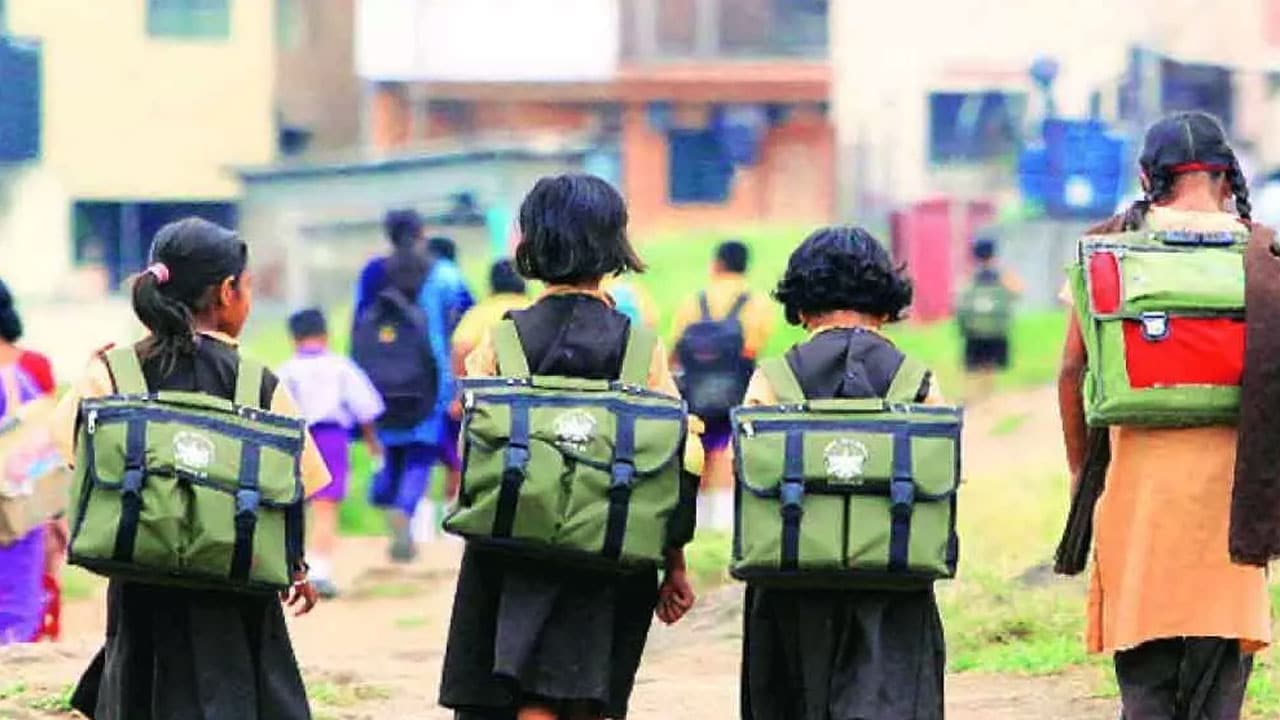
Hyderabad: In a significant move aimed at promoting the Telugu language, the Telangana government has announced that Telugu will be a mandatory subject in all CBSE, ICSE, and IB schools across the state starting from the 2025-26 academic session.
This decision extends the existing mandate that requires Telugu to be taught in state-run schools, making it compulsory even in centrally administered educational institutions.
The Union Ministry of Education has taken note of this development and has sought a detailed report from the Telangana government regarding the implementation of the policy, its impact on students, and the broader educational framework.
Table of Contents
Telangana Government’s Decision: What It Means
The Telangana government’s latest directive applies to all Central Board of Secondary Education (CBSE), Indian Certificate of Secondary Education (ICSE), and International Baccalaureate (IB) schools in the state. From the 2025-26 session, Telugu will no longer be an optional subject in these institutions, and students will be required to study it as part of their curriculum.
The decision aligns with the Telangana Official Language Act, 1966, which emphasizes the promotion and preservation of Telugu. The move is also seen as a part of Chief Minister A. Revanth Reddy’s efforts to uphold linguistic heritage and cultural identity.
Why Telugu is Being Made Compulsory?
Telangana’s decision to make Telugu a mandatory subject is rooted in several key objectives:
- Preserving Regional Language: Encouraging students to learn and appreciate Telugu, which is the mother tongue of the majority in the state.
- Ensuring Linguistic and Cultural Identity: Promoting the Telugu language among students enrolled in international and central board schools.
- Addressing Concerns Over Language Dilution: With the rise of English-medium education, the government aims to balance global learning with regional language proficiency.
- Compliance with State Language Policies: Ensuring uniformity in language education across different types of schools operating in Telangana.
Union Education Ministry’s Response
Following Telangana’s announcement, the Union Ministry of Education (MoE) has asked the state government to provide a report detailing:
- The framework for implementing Telugu as a compulsory subject.
- The curriculum structure and syllabus modifications.
- The impact on non-Telugu-speaking students enrolled in CBSE, ICSE, and IB schools.
- The availability of qualified Telugu teachers to facilitate the transition.
The National Education Policy (NEP) 2020 emphasizes multilingual education and the promotion of regional languages. However, making a state language compulsory in central board schools raises concerns about academic autonomy and curriculum flexibility. The Centre’s intervention indicates that the matter is being reviewed at a national level.
Implementation Challenges and Concerns
While the Telangana government’s decision has been welcomed by linguistic and cultural advocates, some educators, school authorities, and parents have expressed concerns, including:
- Impact on Non-Telugu Speakers: Many students in CBSE, ICSE, and IB schools come from non-Telugu-speaking backgrounds. A sudden mandate could pose difficulties for them.
- Availability of Teachers: Implementing this policy would require hiring a significant number of qualified Telugu teachers across various schools.
- Additional Academic Load: Some parents worry that an extra language requirement may increase students’ academic pressure, especially in international curriculum schools.
- Curriculum Adjustments: CBSE, ICSE, and IB have standardized national and international syllabi. Aligning Telugu education with these frameworks poses an implementation challenge.
What’s Next?
With the Union Education Ministry seeking a report from the Telangana government, discussions between state and central authorities are expected in the coming weeks. Key stakeholders, including school associations, educational experts, and parent committees, are likely to be consulted to address concerns before finalizing the implementation strategy.
If the policy is upheld, it will mark a historic shift in Telangana’s education system, reinforcing the role of regional languages in modern learning. However, proper execution, flexibility, and resource allocation will be crucial for its success
